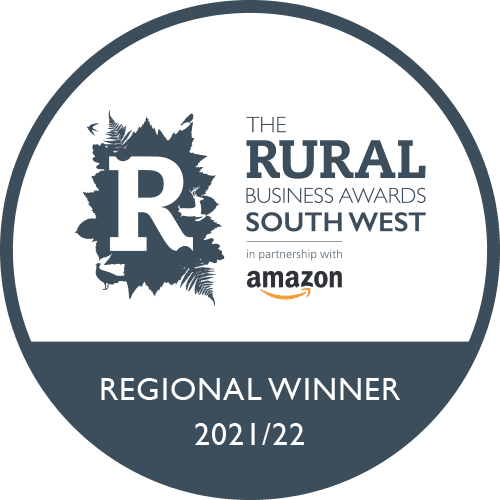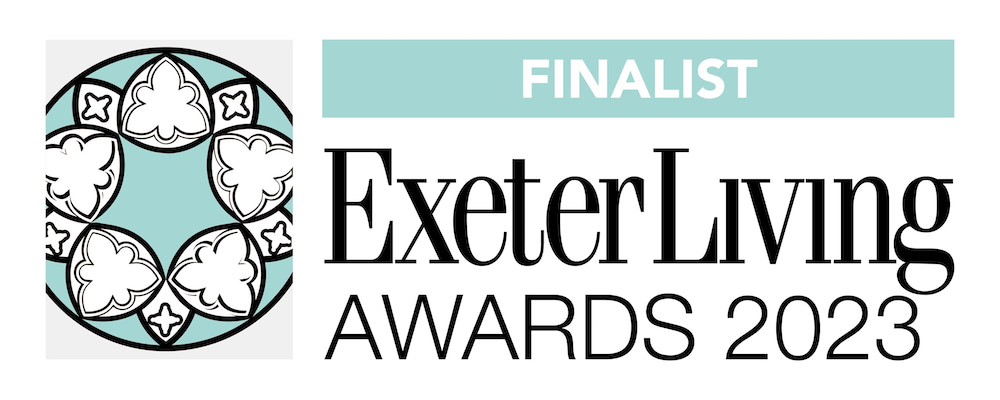This week is Anti-Bullying Week and today marks the Anti-Bullying Alliance‘s ‘Odd Socks Day’; a day where children and adults alike are encouraged to wear odd socks to celebrate their uniqueness! This year, the theme is ‘Choose Respect’ and we thought we’d explore this a little bit today.
What’s the problem?
Bullying is something that has plagued schools for generations, but the Anti-Bullying Alliance was formed by the NSPCC and the National Children’s Bureau in 2002 to finally address the issue. Bullying can have a huge impact on young people and in some cases, the consequences can be devastating. Bullying can take place in many forms, but it is useful to have the shared definition as a reference.
The repetitive, intentional hurting of one person or group by another person or group, where the relationship involves an imbalance of power. Bullying can be physical, verbal or psychological. It can happen face-to-face or online.
Recent research from the Department of Education looking at year 10 pupils found that a staggering 40% of young people reported being bullied in the last year with 6% of them experiencing bullying daily. Research from the ABA themselves enforces the scale of the problem with almost 1 in 4 pupils reporting being bullied a lot or always. Sadly “pupils in receipt of Free School Meals (FSM) (28%) and those with special educational needs or disabilities (SEND) (29%) are significantly more likely to be frequently bullied.”
The choice to make
So, what is this choice that we’re talking about? In every interaction we have with other human beings, we face a series of choices in how we respond to them. When those interactions are positive, these choices are easy to make. It’s easy to match kindness when faced with kindness, it easy to match joy with joy. The more difficult choices arise when we are in a situation that is not so harmonious.
When we disagree with someone, when someone challenges us, when someone is unkind to us…this is when we have an important choice to make. We have the choice to respond with kindness and compassion or we can respond with hostility and aggression. This is where choosing respect comes in. If we disagree or clash with someone, we need to respect both themselves and ourselves by reacting in a way that doesn’t encourage further negativity or that could be perceived as bullying behaviour.
One disagreement and hostile interaction can quickly gain traction and lead to a series of similar happenings, and this is often how a cycle of bullying starts. This isn’t about not standing up for yourself or letting yourself be walked over but it is about choosing to stay calm, to hold your boundaries respectfully and to disengage from potentially harmful interactions.
Leading by example
But of course, this is a big thing to ask of children and young people! As adults, arguably, it’s easier to conduct ourselves in this way in our daily lives although lots of us still struggle sometimes to make the mature, right choices. For young people though, particularly in an intense school environment, with brains still developing and pressure coming from numerous sources, choosing respect can be an incredibly difficult and courageous decision. So how can we help them?
One of the most important things we can do is to lead by example. If young people see the adults in their lives disagreeing in a peaceful and respectful way, it will have such a huge impact on the way they conduct themselves. There is a Buddhist saying that ‘your child is your mirror’ and we think is applicable within the educational context as well. Children mirror what they see. If they see us resolving conflicts and disagreements with respect and compassion, they will be more inclined to see that as a model for how they should behave themselves.
We all know that young people are significantly influenced by their parents and teachers, so this responsibility is huge! It is a privilege to work with young people, but we need to take it seriously. This means not making snide comments about their other parent or your colleagues, this means modelling having difficult conversations in a calm manner, this means calling them out when you see them disrespecting each other, no matter how slight that disrespect may be.
We may not see the impact we are having on the young people around us but that shouldn’t stop us from being the best version of ourselves that we can be. What an amazing thought to think that we can be shaping the way they interact with their peers, their future colleagues, their friends and family. So, this year, let’s choose respect and let’s empower the young people in our lives to do the same.
Author: Hannah Durdin, Content Officer & Forest School Leader
Date: Tuesday 12th November 2024









